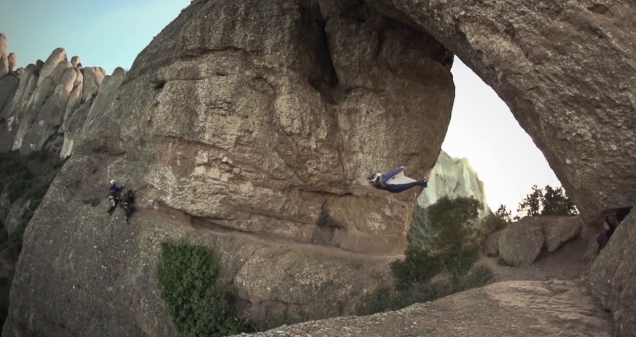As a backpacker, vacationer or tourist, travels are often not as affected when it comes to corruption. Without your own personal transportation, in many cases the wheels are already greased by the bus company, tour operator, or tout that is helping to get you through the craziness of less developed countries. Whether a seasoned overland driver, hitchhiker, or weekend vacationer, Transparency International(TI) provides an invaluable service to help plan the next adventure on the list. The latest 2010 corruption perceptions index is a colorful, interactive system to give the latest reports on which countries are abusing power the most.But what does this fancy interactive presentation do for you? TI defines corruption as the abuse of entrusted power for private gain. For a traveler, it means small hassles and time consuming arguments. For an around the world expedition overland, especially when shipping a vehicle, it could mean huge hassles and nightmaresque delays in receiving your vehicle. For a person trying to work legally abroad, those red countries may be the ones to simply avoid.
So if you see red on the map should you avoid those countries? Not necessarily. Even with the headaches there are many ways around the corruption and it is also important to note exactly what kind of corruption you are dealing with. For instance, in Africa, many countries’ low level corruption is heavily monitored. So crossing boarders and small dealings with authorities are not so bad (this is a country by country basis). However, the corruption on higher levels is intense and in those countries infrastructure like roads, power, availability of fuel, and access to decent banks changes normal daily tasks from simple into multi day endeavors. The point is that corruption comes in different forms. Just because a country has a bad rating on this index does not automatically mean trouble for you directly.
It is an excellent guideline for planning. For instance, if you are in a yellow country and headed for a red one, it might be a good idea to get money out of the ATM before you cross the border or fill up the gas tank. Whenever crossing a border into a red country it is good to assume that it will take more time, so get there early. In red countries, one crossing can be very very different from the next, so it pays to do research as to which one has been reported to be the easiest. In some cases a 100 mile detour could save you hours if the border is a better one. Most certainly, brush up on the local language before you go crossing these borders. A simple hello in the local language can turn a potential foe into a friendly immigration officer.
Even if you are more of a vacationer than a hardened traveller, the index can still benefit. International airports are generally one of the less corrupt places in the red countries. So if you are planning a trip to multiple countries like you might in Southeast Asia, it could save a lot of time, money and headaches to fly from one country to another instead of crossing land borders.
Any way you look at it, the main idea here is that depending on your level of tolerance and experience, a red country could be either be a fun adventure for you or just a series of headaches. When planning an adventure, whether an experienced overland driver or college student on your first trip abroad, heed caution in the red countries, they will be more time and more challenges, but in many cases the pay off will be well worth it.
Feel free to ask us questions in the comments about questions dealing with corruption and everything that is the adventure of overland travel. Click this link to see the entire Corruption Index
The video below is from our 6 week battle with customs in Buenos Aires after they were asking for a $1500 bribe for “paperwork problems.” It was fun for us to get stuck in such a great city, despite the headaches with corruption.
The video below is a little dry, but a good explanation of the mission of the index.





2 comments
Comments are closed.